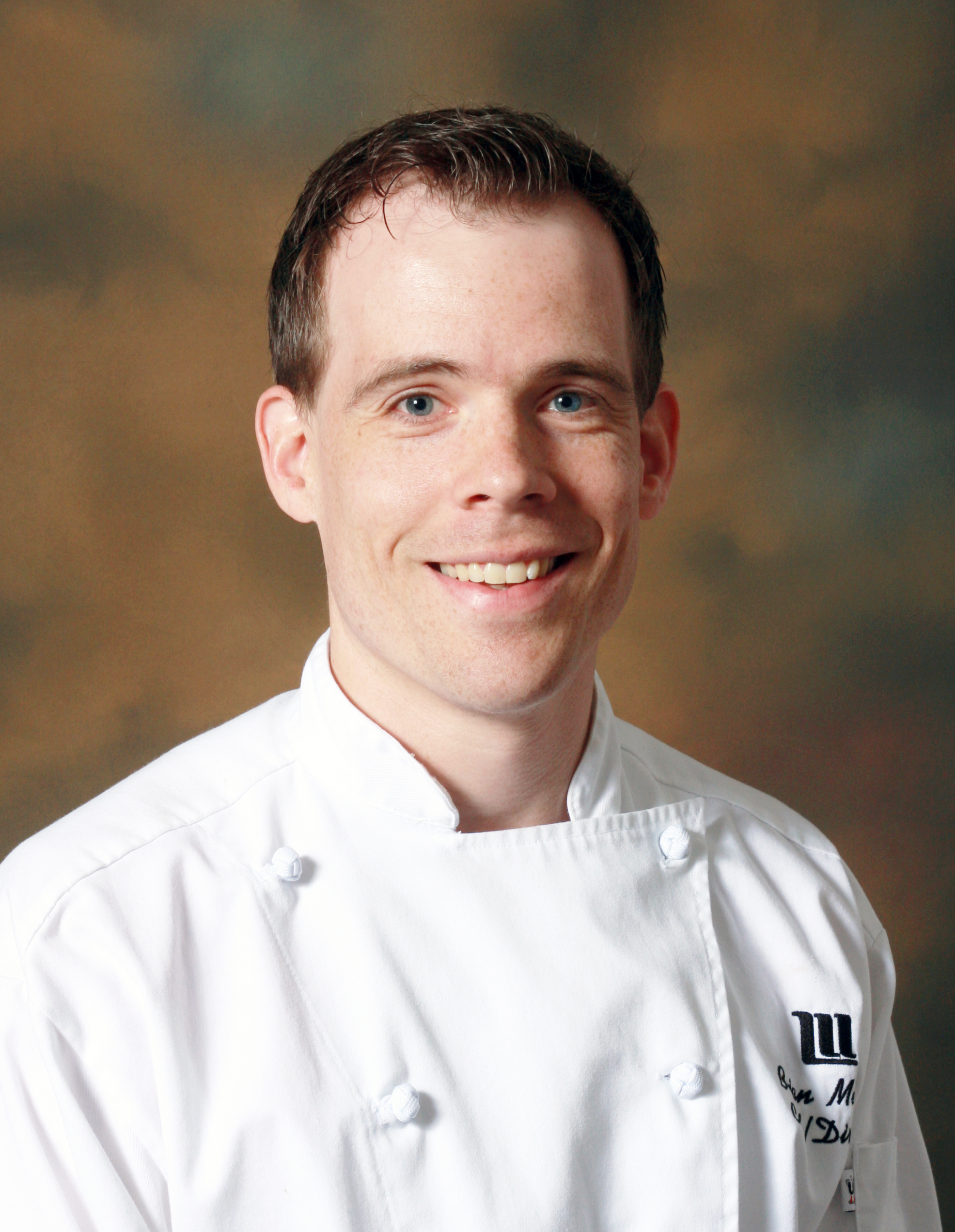Brian Merritt, Director of Culinary Services for LMHS
learn about environmental initiatives at your local hospital
Licking Memorial Health Systems has been one of our largest institutional customers since we got started. They operate a 227-bed hospital in Newark, Ohio, and a group of 100+ physicians across Licking County. The dining services operates two cafes and a coffee shops, serves its patients and caters throughout the community.
As an independent, not for profit health system, Licking Memorial has had the freedom to make many innovative changes and contributions to the community. Their successes show that a few dedicated people really can make an impact, even in a large institution. They’ve made commitments to health in unique ways. Internally, they’ve done things such as getting rid of Styrofoam, installing green roofs, and operating their own vegetable garden. Out in the community, they support the Canal Market District, to the benefit of small producers and food access and nutrition for the citizens of Newark.
In a Newark Advocate article, Anne Peterson, VP of human resources and support services, explained that because many of its green initiatives were cost-saving or cost-netural, Licking Memorial could choose to pay more for almost entirely compostable and recyclable serviceware and still come out ahead. “Styrofoam is dirt cheap,” Peterson said. “Recyclable, compost-able product was an increase in cost, and we did so knowingly. It didn’t put us out of business. I think our customers and employees all appreciate that.
 We first met Brian Merritt at The Going Green Store, where he was quick to share his excitement about creative recipes and inspiring visits to other innovative hospitals, and we got to know him better as we collaborated with the Licking County Local Food Council. We first met Brian Merritt at The Going Green Store, where he was quick to share his excitement about creative recipes and inspiring visits to other innovative hospitals, and we got to know him better as we collaborated with the Licking County Local Food Council.
You can read more about Brian and Licking Memorial here (p 52 - 56). As you can see, he’s been very busy, so we appreciate him taking the time to answer a few questions!
What is your role at Licking Memorial?
Director of Culinary Services
How long have you been there?
Almost 6 years
What is the most rewarding part of your job? Challenging?
I really enjoy seeing how impactful food and caring service can be in the lives of our patients, guests, and fellow employees. It is a big challenge to constantly adapt to the ever-changing needs and wants of all the people we serve, and to make sure that we have the time and energy in the right places to prioritize this adaptation.
What innovations have been made in dining services in your time there?
We redesigned our kitchen in 2012, opened a new café at 2000 Tamarack Rd in 2013, implemented a new patient meal heating system in 2014, began implementation of the CBORD software suite in 2015 (for patient room service and food management). That implementation is ongoing to this day. We’ve also established relationships with multiple local vendors.
(Note: Among other things, this new software allows patients to order hotel-style room service meals from a menu.)
What other changes has the hospital made that have had a positive environmental impact?
In our department we’ve have always had an eye on efficiency and ecology. Our partnership with local vendors and our commitment to using compostable products wherever we can, is important. We also have our own one-acre garden near the hospital, which helps us to be hyper-local in our approach to some of our fresh foods inventory in the spring and summer. We also use non-toxic cleaning chemicals in our kitchen, and we are planning to revamp our ware washing area to allow for less water consumption.
As a cost-conscious, large institution, how has it been possible to make the shift to green serviceware?
It has been 100% possible because of the support and trust that we have with the senior management of Licking Memorial. Our priorities are aligned, they entrust us with finding the best sources, and we all see it as an extension of the mission to improve the health of the community that we live in.
Why is it important for a health care organization to use green serviceware?
We are an institutional consumer, so our volumes are high. With 1700 employees, we are also the biggest employer in the county, and a leading organization in the community – so our ability to set an example with the priorities we make is valuable.
What advice would you give institutional kitchens looking to make similar changes?
Have an open mind to the long-term benefits of your purchasing decisions, and be creative. Lots of little changes can add up to a big impact. Also, talk to your vendors one-on-one. Establish a relationship with them, rather than only utilizing a catalog or a website.
|


